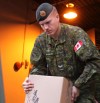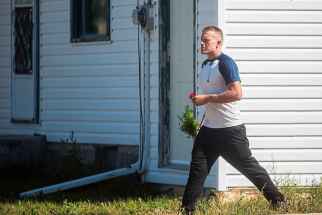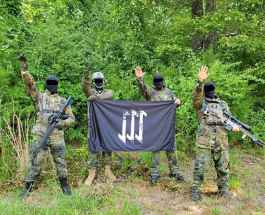Military must root out its extremists
Read this article for free:
or
Already have an account? Log in here »
To continue reading, please subscribe:
Monthly Digital Subscription
$0 for the first 4 weeks*
- Enjoy unlimited reading on winnipegfreepress.com
- Read the E-Edition, our digital replica newspaper
- Access News Break, our award-winning app
- Play interactive puzzles
*No charge for 4 weeks then price increases to the regular rate of $19.00 plus GST every four weeks. Offer available to new and qualified returning subscribers only. Cancel any time.
Monthly Digital Subscription
$4.75/week*
- Enjoy unlimited reading on winnipegfreepress.com
- Read the E-Edition, our digital replica newspaper
- Access News Break, our award-winning app
- Play interactive puzzles
*Billed as $19 plus GST every four weeks. Cancel any time.
To continue reading, please subscribe:
Add Free Press access to your Brandon Sun subscription for only an additional
$1 for the first 4 weeks*
*Your next subscription payment will increase by $1.00 and you will be charged $16.99 plus GST for four weeks. After four weeks, your payment will increase to $23.99 plus GST every four weeks.
Read unlimited articles for free today:
or
Already have an account? Log in here »
Hey there, time traveller!
This article was published 20/08/2019 (2305 days ago), so information in it may no longer be current.
The numbers don’t lie. But strategic spin can make them appear either alarming or reassuring, and how they’re acted upon could most certainly add up to the difference between life and death.
That’s why there’s only a modicum of comfort to be taken from reports the Canadian Armed Forces is involved in one of at least two ongoing investigations into the activities of an active army-reserve combat engineer behind a recruitment drive in Winnipeg for a neo-Nazi paramilitary group.
RCMP raid Beausejour home of army reservist identified as neo-Nazi recruiter
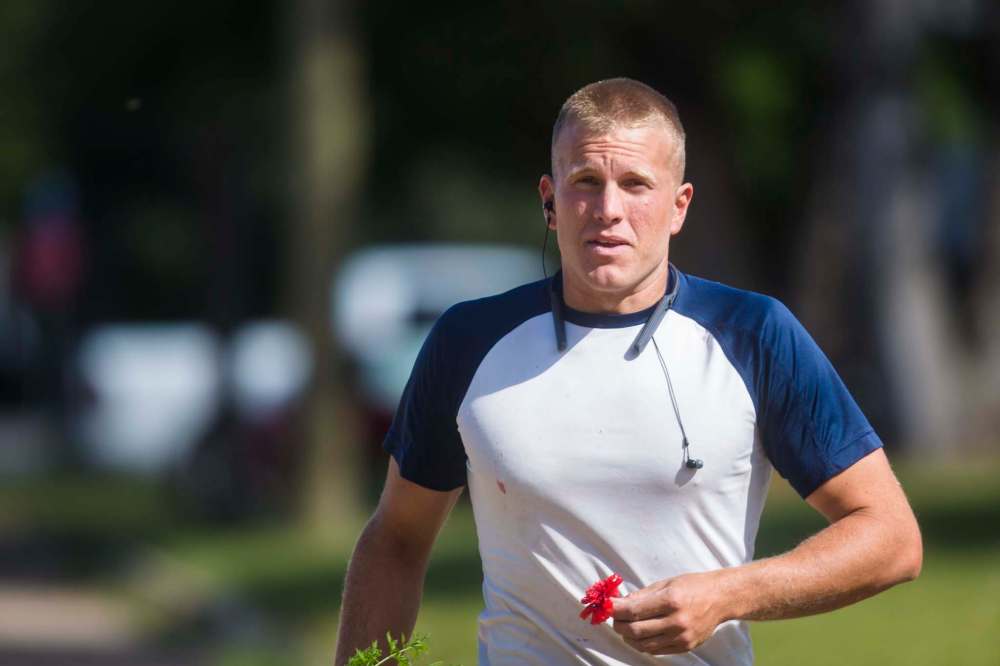
Posted:
RCMP officers raided the Beausejour home of a Canadian Army Reserves leader identified as a recruiter for a violent neo-Nazi paramilitary organization on Monday night, neighbours say.
In a series of stories stemming from an investigative report that involved a Winnipeg Free Press reporter going undercover as a potential recruit to the far-right hate group known as The Base, Canadian Army Reserves Master Cpl. Patrik Mathews was identified as the individual behind the recent recruitment drive in Winnipeg.
In a followup story on Tuesday, it was revealed that the Armed Forces and the RCMP are investigating Mr. Mathews’ involvement in The Base and its recruitment activities. Late Monday evening, RCMP raided a home in Beausejour and reportedly detained Mr. Mathews before conducting a search of the premises, which resulted in the seizure of several weapons.
That the covert activities of The Base — which reportedly involve recruitment efforts in Winnipeg and Saskatchewan, among other locales — are being brought into public view is encouraging, as is a statement by the acting commander of the 3rd Canadian Division that alt-right activities by military personnel will be dealt with in no uncertain terms.
“Should this investigation indicate that there was a violation of our code of values and ethics, I will leverage all the tools at my disposal, including legal and disciplinary measures, to address intolerant attitudes,” Brig.-Gen. David Awalt said in a written statement in response to the Free Press reports.
Less comforting, however, is the military’s assertion, in a November 2018 report, that hate-group involvement in the Canadian Armed Forces is not a widespread problem because less than 0.1 per cent of military personnel (at the time, 53 individuals, according to the report) had been identified as having hate-group connections or promoting extremist views.
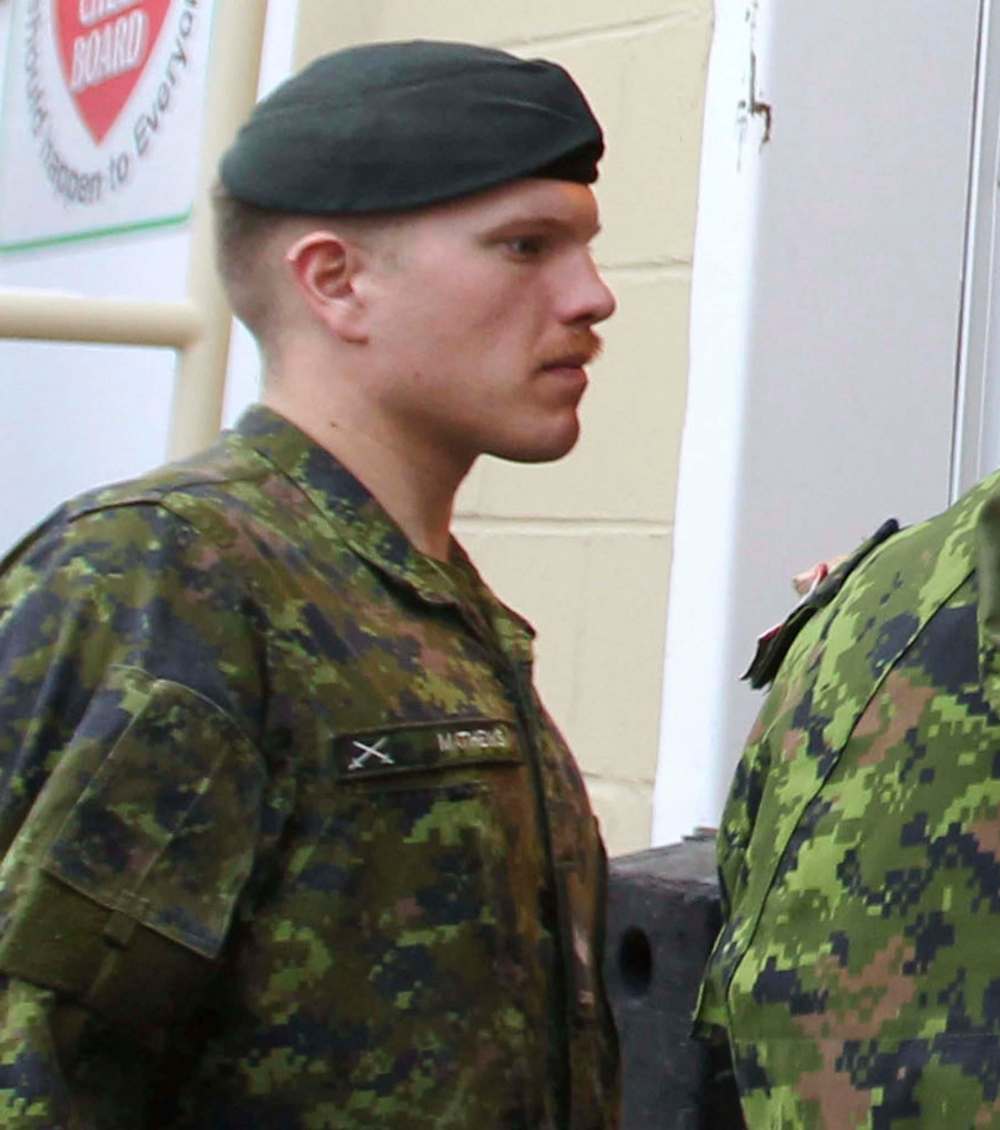
A fraction of a single percentage point is, indeed, a very small number, but given that the military offers training in the use of weapons and explosives, one might be inclined to conclude any number is too large, and that in the current climate of heightened alt-right activity and increasing incidence of extremist violence, Canada’s military should be hyper-vigilant in its efforts to root out and expel any member shown to have connections to white supremacist hate groups.
“This is a big concern, and we need to see them stop pretending that it’s not,” said anti-hate educator Elizabeth Moore, a former far-right extremist. “They seem to be greatly underestimating the scope of this problem, and they need to begin actively weeding these people out.”
As evidenced by numerous recent mass killings in which the perpetrators were shown to have professed extreme-right connections, as well as pre-emptive arrests by U.S. authorities last week of heavily-armed extremists who allegedly planned to launch violent attacks, the time has passed in which neo-Nazi extremism can be debated at length as a philosophical notion rather than acted upon as a clear and present danger.
The numbers may be small, but they don’t lie. Canada’s military must turn its focus sharply inward, with the clear understanding that allowing even one armed and trained extremist to exist within its ranks is unacceptable.











